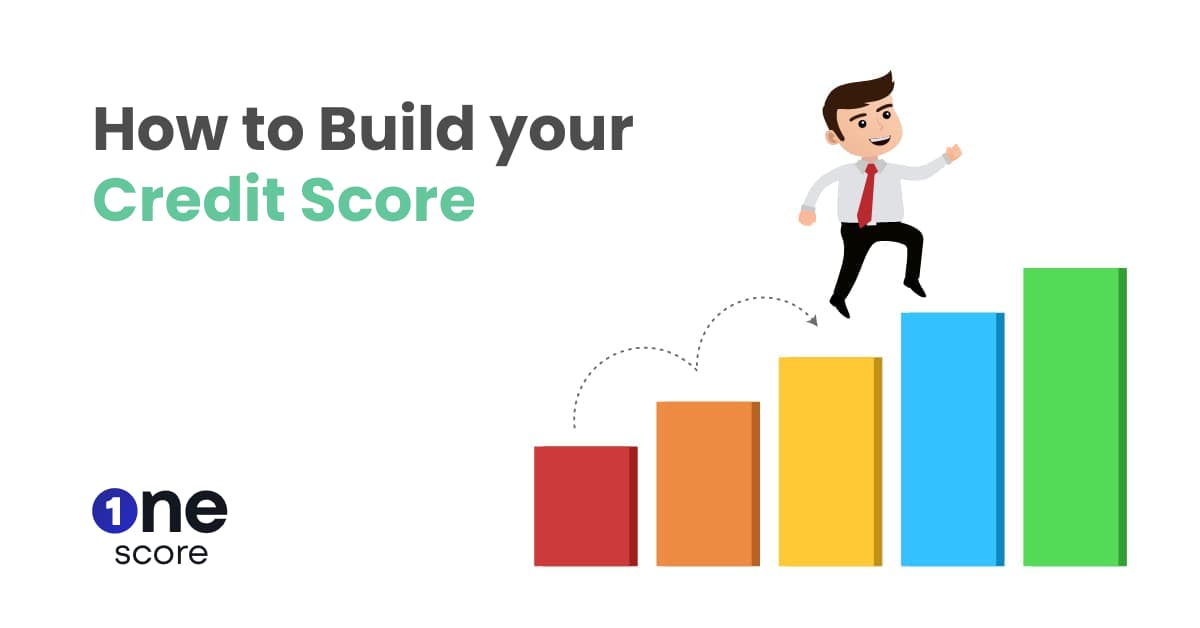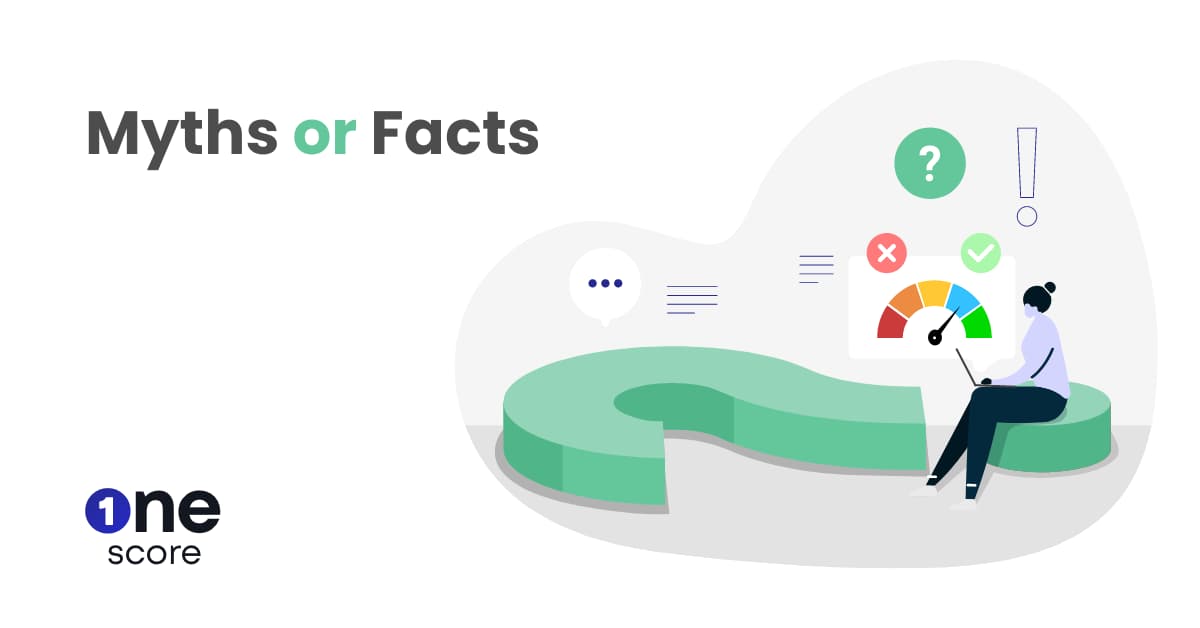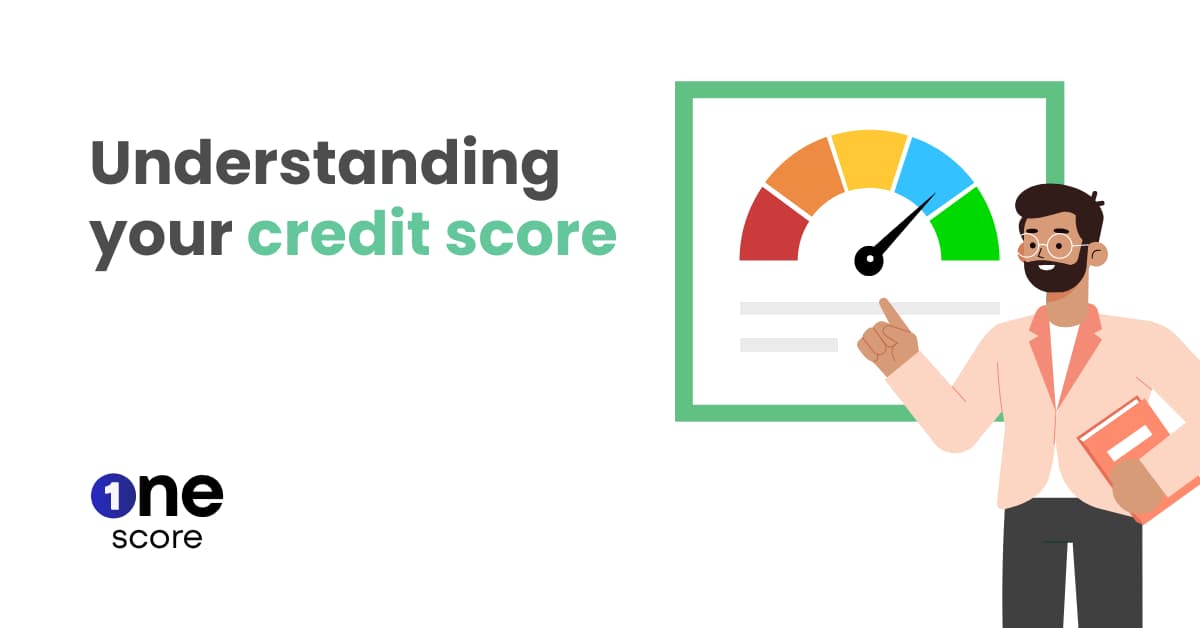How to build your credit score in 2022
Having a good credit score is important, and if you're new to credit (NTC), here's a guide to build your credit score and history.

In the past decade or so, with increased spending on consumption products, credit scores and credit reports have come to assume greater significance than before - not just for financial institutions but even employers. This has also led to greater awareness among consumers looking to build a credit score and credit history.
What is a credit score?
A credit Score is a 3 digit number calculated and assigned by a Credit Information Company (CIC) or credit bureau. It is used to indicate the creditworthiness of an individual, or ability to repay a borrowed amount towards a loan or credit card. In India, it ranges from 300 to 900, and a score of 750 or above is generally considered good.
India has four CICs / credit bureaus - TransUnion CIBIL, Experian, Equifax, and CRIF High Mark. They have their own proprietary algorithms and credit scoring models, and your credit score could vary across bureaus within a 50-100 point range.
But wait - what if you don’t have a credit score in the first place? 🤔
On the OneScore App, close to 30% of our user base is New to Credit (NTC). This means such users have not availed of any credit products, like a credit card, a loan, or a Line of Credit. As a result, they have no record or credit history with the 4 credit bureaus in India.
If you’re new to credit and looking to build your credit score, this post will help you in understanding the importance of building a credit score and credit history, and how you can achieve a good credit score in a short span of time.
The Catch-22 situation
If you wish to get a loan or a credit card, banks and financial institutions will check your credit score. To have a credit score, you need to have availed of a loan or credit card.
Sounds confusing? Well, don’t lose hope. 😕
There are various ways of building a credit score depending on your current financial situation as outlined below:
You are a salaried professional
When you join an organisation, they help you open a salary account into which your salary would be credited each month. Typically, at the time the account is being opened, the bank executive tends to check if you’re interested in any other bank products, including a credit card. If you’re new to credit, this option may be worth considering. As the bank knows where you’re employed, chances of approval would be quite high, even without a credit score.
While the bank would decide the credit limit based on your income and their risk policy, it is ideal to start with a lower limit (between Rs. 25,000 to Rs. 30,000), especially if you have never used credit cards before. This will help in managing your credit usage better and avoid tendency to over spend.
Start with a single credit card, use it for essential purchases initially, like groceries, fuel etc, and for manageable transaction amounts. When you get the statement, make the complete payment before the due date.
Each timely payment will create a history of good credit behaviour, and within six months or so, you should have a reasonably good credit score.
You are self-employed
If you are a self-employed professional, you may have already established a good working relationship with your bank, based on which they could offer credit products. You can explore some of these options:
a) a credit card
b) a vehicle/home loan
c) a Line of Credit
Credit Card
Many banks issue special credit cards for self employed professionals like Architects, Doctors, Chartered Accountants and so on among their offerings. These usually come with some additional benefits relevant to your profession. You can enquire if your primary bank issues such credit cards.
If you prefer a regular credit card or even one from a different bank, you can apply for one. Most of the leading banks will be happy to offer you a credit card based on income documents or tax return.
Vehicle / Home Loan
Another option to build your credit history could be to take a vehicle loan. The loan amount need not be very high and you can repay the loan in a short duration. You could also apply for a home loan with your primary bank, as they would be aware of your financial health. Both home loan and vehicle loan indicate greater stability and responsibility compared to other loan products, like personal loans.
Line of Credit
Over the past 3-4 years, there has been an increase in the number of banks and NBFCs (Non Banking Financial Companies) offering a Line of Credit to customers. Many of these are app-based and use different criteria and algorithms to check your creditworthiness with minimum documentation. The limit usually varies from Rs. 10,000 to Rs. 5 lakh (and above). If you have a short-term need or if there is an emergency, this option could be useful. A Line of Credit is reported to the credit bureau although it could vary as per the financial institution. Some report it when sanctioned, others do so when you actually make a withdrawal.
You do not have regular income
If you are a student, freelancer or a homemaker, you will not have a salary account and your income would also be irregular. However, that need not deter you from having and building a credit score. Some of the options you could explore are:
a) a secured credit card
b) an education loan
Secured Credit Card
If your previous application(s) for a regular credit card have been declined due to an irregular income or not having a credit score, you can apply for a secured credit card with your bank, if they offer this product.
A secured credit card is one that is issued against some collateral. This is usually a Fixed Deposit (FD) held with the issuing bank or financial institution. The approval is generally quicker since the risk factor is covered. Your credit limit would be 75-85% of the collateral amount although this would vary across institutions.
Once you get a secured credit card, use it for small purchases, make payments on time, and preferably in full, to build your credit score.
Education Loan
If you are a student, you can avail of an education loan as your very first loan product. While applying for an education loan, do check the terms and conditions thoroughly. Each financial institution has separate rules and criteria for eligibility, requirement of collateral, requirement of guarantor, and so on. Besides helping to build your credit history, an education loan also has income tax benefits.
Depending on the loan amount, your future job prospects, and your existing financial situation (or that of your family), you should ensure that loan installments are always paid on time. Once the lender reports a delay or default in payment, not only will your credit score be affected, but this entry will remain in your credit report for several years.
To quickly recap the various options to build your credit score in 2022,
a) Get a Secured or Unsecured Credit Card
b) Avail of a Home Loan, Vehicle Loan or Education Loan
c) Opt for a Line Of Credit
and use the below tips to build a good credit history:
a) Avoid using up your entire credit limit
b) Pay your loan EMIs and credit card bills on time
c) Pay your credit card bills in full
d) Avoid applying for multiple credit products at once
Irrespective of whether you’re currently New to Credit (NTC) or already have a credit score, you can use our OneScore App to check your free CIBIL and Experian credit score and credit report every month. Checking your credit score and credit report regularly instills discipline and also helps in getting errors corrected.
Download the OneScore App now and build your credit score in 2022.
**Disclaimer: The information provided on this webpage does not, and is not intended to, constitute any kind of advice; instead, all the information available here is for general informational purposes only. FPL Consumer Services Private Limited and the author shall not be responsible for any direct/indirect/damages/loss incurred by the reader in making any decision based on the contents and information. Please consult your advisor before making any decision.


- OneScore , January 07, 2021

